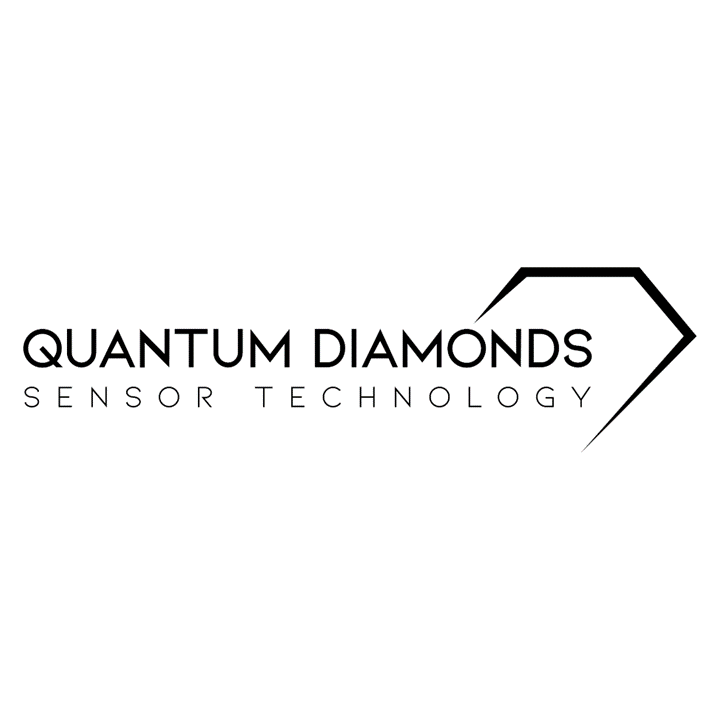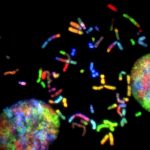Quantum News Briefs: November 28th, 2023: Alibaba’s Research Arm Shuts Down Quantum Computing Lab; PASQAL and Investissement Québec launch a $90 Million Quantum Computing Initiative; U of Tokyo Completes 127 Qubit IBM-Eagle Processor Installation; and MORE!

Quantum News Briefs: November 28th, 2023:
Alibaba’s research arm shuts quantum computing lab amid restructuring

In a significant move for the quantum industry, Chinese tech giant Alibaba has shut down its quantum computing laboratory within its DAMO Academy, transferring the lab and its experimental equipment to Zhejiang University. This decision reflects a strategic shift in Alibaba’s focus, with the company’s spokesperson stating that the DAMO Academy will now concentrate on becoming a leader in artificial intelligence (AI) research. The quantum lab, which was a small but integral part of Alibaba’s expansive R&D efforts, had a team of 30 employees. These employees may now have opportunities at Zhejiang University, which is set to take over the lab’s quantum research initiatives. This closure is part of a broader internal restructuring at Alibaba, which announced plans to divide its business into six units and had considered spinning off its cloud division. The new CEO, Eddie Wu, has emphasized a strategy of making each business unit more market-oriented and conducting strategic reviews to differentiate between core and non-core operations.
The University of Tokyo Completes Installation of 127-Qubit IBM Quantum Eagle Processor

The University of Tokyo (UTokyo) and IBM have announced the deployment of Japan’s first IBM Quantum System One, featuring a 127-qubit IBM Quantum Eagle processor, marking a significant advancement in the region’s quantum computing capabilities. This development is a key step in the Quantum Innovation Initiative (QII) Consortium, enabling scientists across various fields, including bioinformatics, high energy physics, materials science, and finance, to engage in cutting-edge quantum research. The IBM Quantum Eagle represents the first utility-scale processor in the region, defined by IBM as a quantum computer capable of serving as a scientific tool for exploring new scales of problems. This breakthrough follows the collaborative research published by IBM and UC Berkeley in Nature, demonstrating that quantum computers can surpass the capabilities of classical approaches with over 100 qubits. UTokyo, a member of the IBM Quantum Network since 2019, aims to drive Japan’s leadership in quantum science through this initiative, involving collaboration across industry, academia, and government. The new quantum system is expected to push the limits of current quantum technologies and offer advanced accuracy through error mitigation, contributing significantly to research and practical applications in various domains.
PASQAL and Investissement Québec launch a $90 Million Quantum Computing Initiative

PASQAL, a French quantum computing leader, has partnered with Investissement Québec to launch a $90 million initiative over five years in Sherbrooke, Quebec, focusing on the manufacturing and commercializing neutral-atom quantum computers. The project, centered in the DistriQ Quantum Innovation Zone, aims to establish Sherbrooke as a global quantum hub, supported by a $15 million loan from the Government of Quebec. This initiative, expected to create 53 jobs, involves collaboration with academic and industrial partners for research and development in quantum computing. The official opening of Espace Quantique 1, a central feature of the initiative, was announced by Quebec Premier François Legault, signaling a new era in North American quantum computing. PASQAL’s commitment extends beyond manufacturing to include the development of technological labs, training, and supporting new quantum ventures. Moreover, the company is contributing $500,000 to a research chair at the University of Sherbrooke and will open a facility in 2024 to produce quantum computers. This ambitious project also incorporates support for startups through collaborations with Quantonation and the Quebec fund Quantacet, aiming to create a vibrant ecosystem for quantum technology innovation.
QuantumDiamonds raises €7M Seed funding for quantum sensing technology

QuantumDiamonds, a pioneering quantum sensing company, has successfully raised €7 million in Seed funding, led by prominent investors IQ Capital and Earlybird. The company specializes in developing atom-sized quantum sensors using synthetic diamond nitrogen-vacancy (NV) centers, enabling non-destructive, nano-scale imaging of magnetic fields. This advanced technology has broad applications, ranging from semiconductor manufacturing to medical diagnostics and battery development. QuantumDiamonds’ innovative approach allows for highly sensitive measurements at atomic and molecular levels, tapping into a new realm of sensing technology. With a working prototype already in place, the company plans to use the investment to expand its team of quantum engineers and advance toward releasing its first commercial product. This technology is currently being tested with four of the world’s top 10 semiconductor manufacturers. The funding includes €3 million collectively invested by IQ Capital, Earlybird, Onsight Ventures, First Momentum, Creator Fund, UnternehmerTUM, and various angel investors from the semiconductor industry, complemented by €4 million in grant funding from the European Innovation Council (EIC) Accelerator and the Bavarian state. QuantumDiamonds aims to revolutionize sensing technology, impacting many scientific fields globally.
Kenna Hughes-Castleberry is the Managing Editor at Inside Quantum Technology and the Science Communicator at JILA (a partnership between the University of Colorado Boulder and NIST). Her writing beats include deep tech, quantum computing, and AI. Her work has been featured in Scientific American, Discover Magazine, New Scientist, Ars Technica, and more.



















